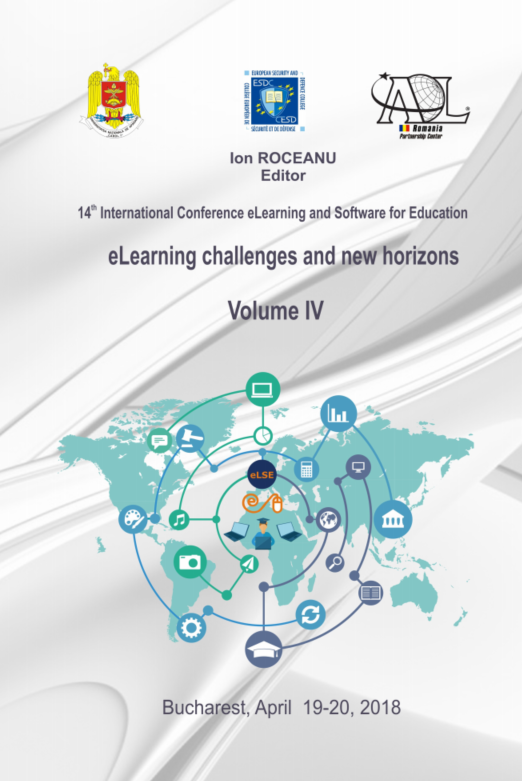An Overview of Social Trust Models to Enhance Social Tutoring Performance in MOOC Platforms
An Overview of Social Trust Models to Enhance Social Tutoring Performance in MOOC Platforms
Author(s): Khadija Elghomary, Najima Daoudi, Driss BouzidiSubject(s): Social Sciences, Education
Published by: Carol I National Defence University Publishing House
Keywords: Online social trust model; MOOCs; Online Social Networks (OSN); Social Internet of Things (SIoT); Social Tutoring;
Summary/Abstract: In MOOCs, characterized by a plethora of resources and massive participation, establishing tutoring in its traditional form is difficult. This lack of tutoring generates isolation and demotivation of learners that could be a contributing factor on their high attrition rate. Consequently, learners engage with their peers in collaborative activities through online social networks where they can easily log in from almost any kind of device, with a view to develop a social tutoring able to break their isolation and maximize their motivation. However, the open nature of MOOCs raises trust issues among learners. They are obliged to evaluate the trust of a large number of participants with diverging behaviors before accepting their interaction request. The decision to trust is generally based on the belief in someone's good intentions towards us. One possible way to deal with this problem is to differentiate learners by using trust metrics to compute quantitative estimates of trust between them; this can enhance social tutoring and may increase their persistence in the MOOC. Thus, our purpose is to propose a trust model adapted to MOOCs. This work is focused particularly to study how to represent and measure social trust in Online Social Networks (OSN) and Social Internet of Things (SIoT) since the learner in MOOCs is frequently interconnected with his peers through smart devices. Therefore, we give an overview for existing trust models of these two domains in the interest to benefit from their combination to increase the value of the trust model of MOOCs platforms.
Journal: Conference proceedings of »eLearning and Software for Education« (eLSE)
- Issue Year: 14/2018
- Issue No: 04
- Page Range: 327-334
- Page Count: 8
- Language: English

